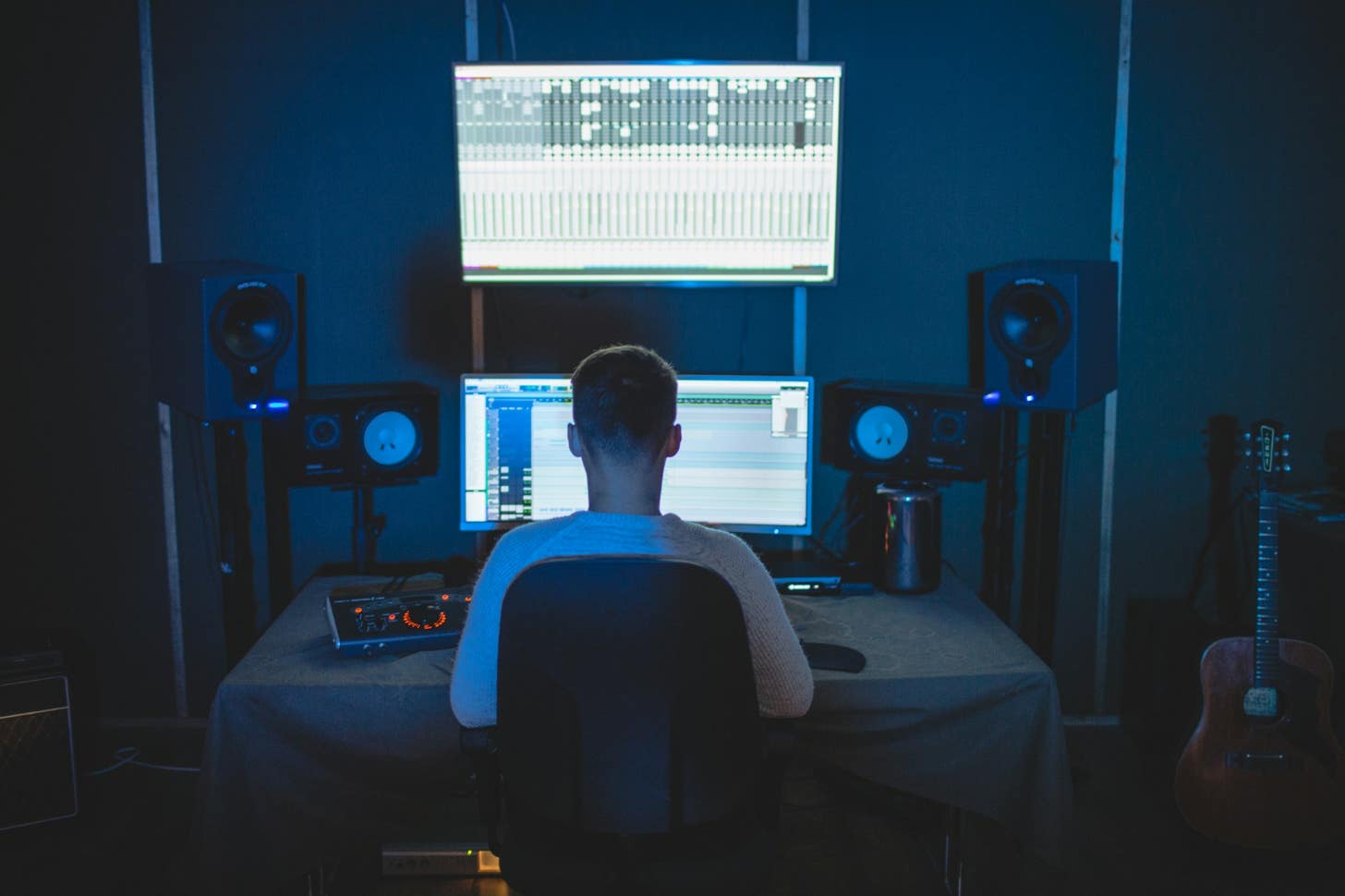
How to Become a Music Producer
How to Become a Music Producer
Are you passionate about music and dream of creating the next big hit? If so, becoming a music producer might be your calling.
This guide will walk you through everything you need to know about this exciting career, from essential skills to the benefits of online courses.
What Does a Music Producer Do?
A music producer is the behind-the-scenes mastermind responsible for bringing a song to life. They work closely with artists to shape the sound and direction of a track. This includes choosing the right instruments, arranging music, and overseeing the recording process. Essentially, they turn raw ideas into polished, market-ready songs.
Music producers play a crucial role in the music industry. They make creative decisions, manage budgets, and ensure that the final product meets industry standards. Their job isn’t just about making music; it’s about making music that sells.
In addition to the technical aspects, music producers also need to have excellent interpersonal skills. They must communicate effectively with artists, engineers, and record labels to ensure that everyone is on the same page. This requires a unique blend of creativity, leadership, and technical expertise.
What Skills Do I Need to Become a Music Producer?
To become a successful music producer, you’ll need a mix of technical and soft skills. First and foremost, a deep understanding of music theory is essential. This will help you make informed decisions about arrangements, harmonies, and melodies.
Technical skills are equally important. You should be proficient in using digital audio workstations (DAWs) like Logic Pro, Ableton Live,, Pro Tools or FL Studio. These tools are the backbone of modern music production, allowing you to edit, mix, and master tracks.
Soft skills such as communication and time management are also crucial. You’ll often be working with various artists and professionals, so being able to convey your ideas clearly is essential. Time management is vital for meeting deadlines and keeping projects on track.
Qualifications Needed for a Career as a Music Producer
While formal qualifications aren’t always necessary, they can give you a significant advantage. Many music producers have degrees in music production, audio engineering, or related fields. These courses provide a solid foundation in both the technical and theoretical aspects of music production.
Certifications can also be beneficial. Courses in music production often offer certifications that can boost your credibility. These programs cover everything from basic recording techniques to advanced mixing and mastering. Becoming qualified can equip you with the fundamentals needed to break into the music business.
Experience is another crucial factor. Internships at a record company and entry-level positions in recording studios can provide invaluable hands-on experience. This is where you’ll learn the practical aspects of music production and build a skillset that can’t be taught in a classroom.
Career Prospects for Music Producers in the UK
The music industry in the UK is thriving, offering numerous opportunities for aspiring music producers. This means there’s a high demand for skilled music producers.
Career prospects vary depending on your skills, experience, and network.
Entry-level positions might include roles as an assistant engineer or junior producer. With experience, you can advance to more senior positions or even start your own production company.
Freelancing is another viable option. Many music producers work on a freelance basis, offering their services to artists, record labels, and advertising agencies. This allows for greater flexibility and the opportunity to work on a variety of projects.
How to Start Your Journey
Starting your journey as a music producer can seem daunting, but breaking it down into manageable steps can make the process more straightforward. Here’s how to get started:
Step 1: Educate Yourself
Begin by learning the basics of music theory and production. There are numerous online resources, including tutorials, forums, and courses in music production. You can explore online courses that cover everything from basic recording techniques to advanced mixing and mastering.
Step 2: Invest in the Right Equipment
You’ll need a computer, a good pair of headphones, and a digital audio workstation (DAW). Additional equipment like studio monitors and audio interfaces can also be beneficial. Bear in mind that different types of music and different genres may require different types of musical set ups and equipment.
Step 3: Practise, Practise, Practise
The more you practise, the better you’ll become. Start by working on small projects and gradually take on more complex tasks. Don’t be afraid to experiment and make mistakes, producer jobs at a lower level are a great place to improve your understanding of the production process.
Step 4: Build a Portfolio
Create a portfolio of your work to showcase your skills. This can include sample tracks, remixes, and any of your own music you’ve worked on. A well-rounded portfolio can help you land internships or freelance gigs. Working a few jobs part-time can give you the foundation to pursue more long-term, full-time work.
Step 5: Network
Networking is crucial in the music industry. Attend industry events, join online forums, and connect with other professionals via social media. Building a strong network can open doors to new opportunities and collaborations and can increase your musical knowledge and awareness more generally.
Step 6: Consider Online Courses
One of the most effective ways to kickstart your career is by enrolling in an online music production course. These courses offer comprehensive training, flexible schedules, and the opportunity to learn from industry experts. Plus, they often provide valuable certifications upon completion.
By following these steps and staying committed, you can turn your dream of becoming a music producer into a reality. The world of music is waiting for you, so explore courses today.
Browse Music Production Courses Now!

